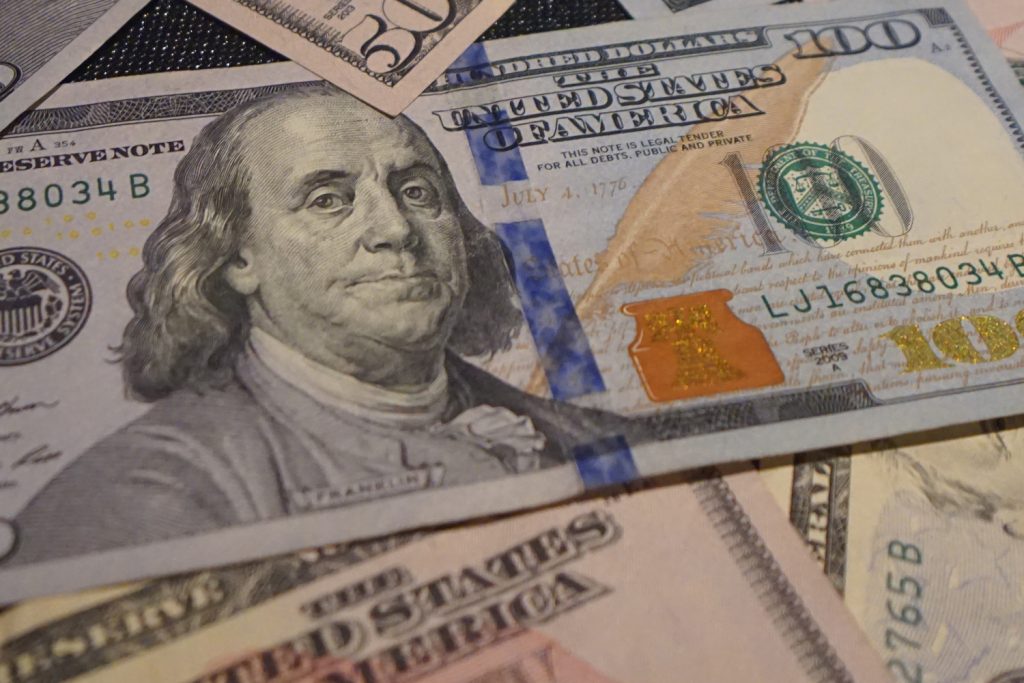The coronavirus pandemic has put more than 3 million Texans out of work. They, along with the nearly 1.4 million Texas households that fall below the federal poverty line, now has a new resource to help them build their credit and avoid high interest loans that can cripple their finances.
Capital Good Fund is a nonprofit, U.S. Treasury-certified Community Development Financial Institution that provides equitable loans to low-income families for a variety of key needs, including immigration expenses (citizenship applications, green card renewal, family petitions, etc.); vehicle purchase, repair, or refinance; security deposits; and emergencies. “Our clients are people who can’t access mainstream loan products due to being low-income, having poor credit, not trusting the financial system, or other barriers,” said Capital Good Fund Founder and CEO Andy Posner.
The organization’s entry into Texas on November 9 is part of its overall plan to provide loans to the economically underserved across the nation. It is made possible through a $700,000 commitment from JPMorgan Chase. “Our mission at JPMorgan Chase is to improve the financial health of everyday people,” said Alice Rodriguez, Head of JPMC Community Practices, Engagement, and Inclusion. “This partnership with Capital Good Fund will provide a boost to the financial wellbeing of hard-working people across our state. “The support is part of JPMorgan Chase’s $125 million, five-year commitment to financial health.

The United Way of Metropolitan Dallas is also supporting the expansion effort through a $50,000 grant. “One of our Aspire United 2030’s community goals is to ensure that more North Texans are financially stable—and access to affordable loans that can build credit is key to making that a reality,” said Susan Hoff, Chief Strategy and Impact Officer at United Way of Metropolitan Dallas. “Our financial investment in Capital Good Fund will ensure loans are accessible to those who may not qualify for traditional bank loans and would have to resort to predatory payday and auto title loans.”
NDG 11/12: Supreme Court scheduled to hear arguments that will determine the fate of the Affordable Care Act
Statistics show that the average family making $25,000 a year will spend nearly as much on financial services and fees—overdrafts, interest payments, check cashing—as they do on food: 10% of income. “That’s $2,500 not going to food on the table, rent, or spending in the local economy,” says Posner. “By saving borrowers an average of $700 in interest fees and building their credit by over 90 points, we change the lives of individuals, families, and their communities. In our first year in the state, we will give hundreds of low-income Texans a long-overdue alternative to the state’s payday loan industry, which charges an average APR of 661%, as well as other predatory actors—such as rent-to-own stores and auto-title and buy-here-pay-here auto lenders.
NDG 10/29: Why the 2020 vote matters more than ever
Capital Good Fund offers personal loans ranging in size from $300-$25,000, with an average interest rate of just 13 percent. The loan repayment rate to Capital Good Fund is 95 percent. It also offers a nationally recognized Financial and Health Coaching program to help clients establish a financial plan that enables the achievement of life goals, and has adapted the program to the moment, by launching an Emergency Coaching Hotline.
Texas residents who want to learn more are encouraged to visit the website: https://capitalgoodfund.org/en/ .





A better argument is for Community Development Financial Institutions to provide the 40%+ of US households unable to come up with $400 cash in an emergency the ability to avoid bank & credit union $35 Non-Sufficient Funds [NSF] fees. There are comparable to an 1800% APR! We payday loan lenders and installment loan lenders don’t come close to this. AND, we lend our own money; unlike the banks who are subsidized by the FED’s with cheap money!”In our first year in the state, we will give hundreds of low-income Texans a long-overdue alternative to the state’s payday loan industry, which charges an average APR of 661%, as well as other predatory actors—such as rent-to-own stores and auto-title and buy-here-pay-here auto lenders.”